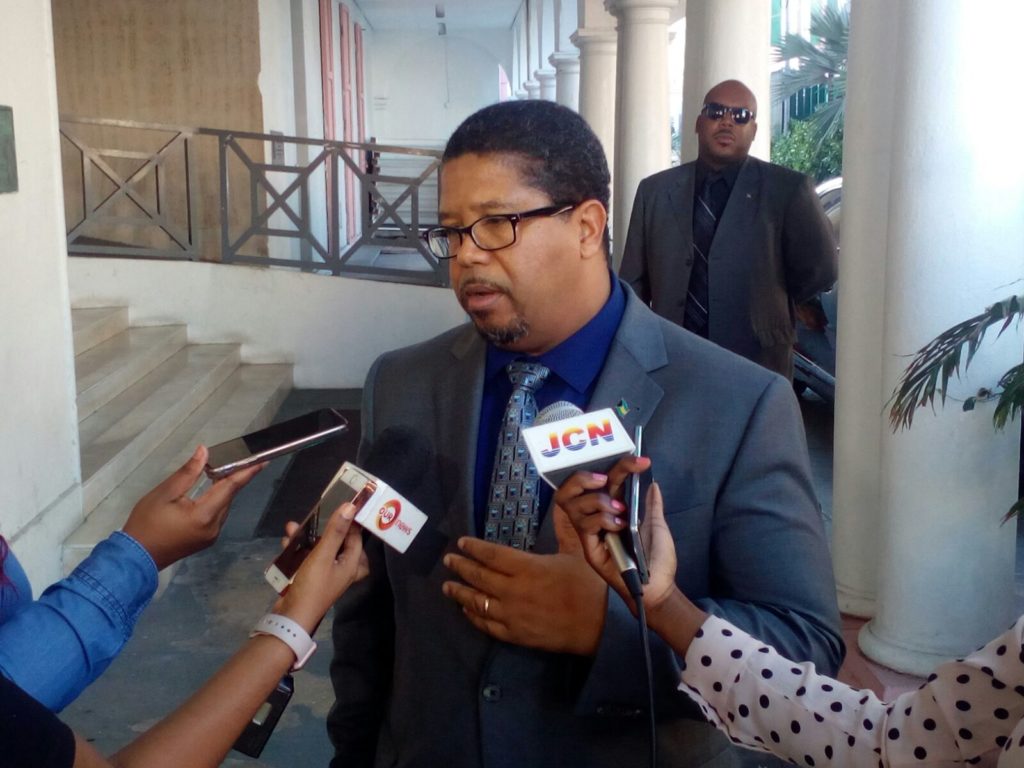
 The government is disappointed to have learned that the European Union (EU) Code of Conduct Group (COCG) will be making a recommendation to the Council of the European Union this week to include The Bahamas on the EU list of non-cooperative jurisdictions for tax purposes.
The government is disappointed to have learned that the European Union (EU) Code of Conduct Group (COCG) will be making a recommendation to the Council of the European Union this week to include The Bahamas on the EU list of non-cooperative jurisdictions for tax purposes.
It is understood that a high level delegation from the Ministry of Finance is to be in Paris, France this week to plead the case against the country being blacklisted.
In a statement Deputy Prime Minister and Minister of Finance Peter Turnquest said The Bahamas has consistently been engaged with the Organization for Economic Cooperation and Development (OECD) and the COCG on the EU listing criteria – including as late as last week. Therefore, this latest move was particularly surprising.
“In December 2017, The Bahamas signed onto the Inclusive Framework for the implementation of the Base Erosion Profit Shifting (BEPS) initiative with the OECD. This solidified our international commitment to comply with measures to avoid tax planning strategies used by multinational companies to exploit gaps and mismatches in tax rules to artificially shift profits to jurisdictions where there is low, or no actual economic activity. As of March 2018, a total of 113 countries and territories have joined the BEPS inclusive framework.
“The Bahamas has taken immediate steps to reiterate its commitment to the European Commission with respect to the non-facilitation of offshore structures and arrangements in the jurisdiction aimed at attracting profits without real economic substance for the purpose of profit shifting.
“Legislation is currently being drafted to give effect to the implementation of the BEPS minimum standards and to address gaps in our current regulatory regime identified by the COCG. We anticipate that this legislation will be laid in the House of Assembly by April 2018.
“Discussions were held today with the Secretary General of the COCG responding to their specific concerns, followed by formal letter. We believe the discussions were positive and remain hopeful that our efforts to address their concerns will result in the favourable consideration of The Bahamas as a cooperative tax jurisdiction.
“We will continue to demonstrate our commitment to international regulatory standards and initiatives, thereby ensuring that the Bahamas remains a clean, compliant and cooperative jurisdiction,” Mr. Turnquest said.
According to a report from Reuters, the U.S. Virgin Islands and Saint Kitts and Nevis are also set to be added next week to a European Union blacklist of tax havens.
Some states on the blacklist are Barbados, Grenada, Panama, Trinidad and Tobago, St. Lucia, Samoa and Tunisia.


